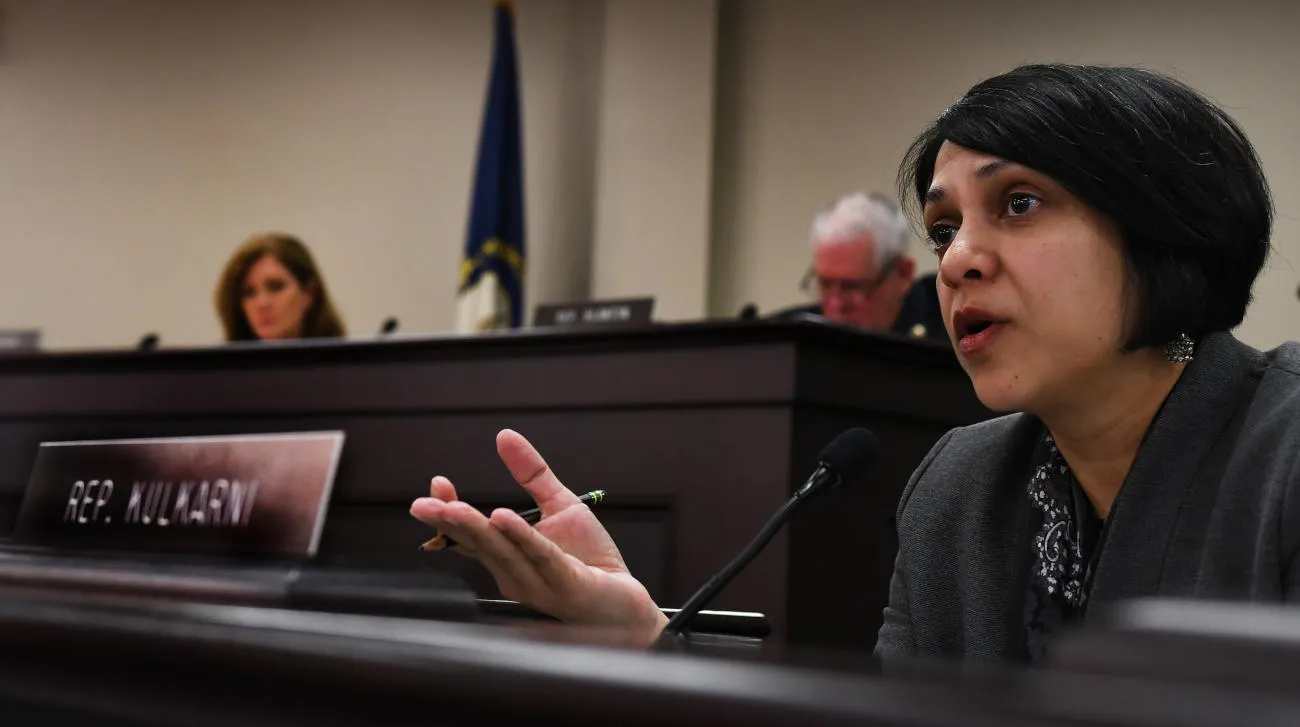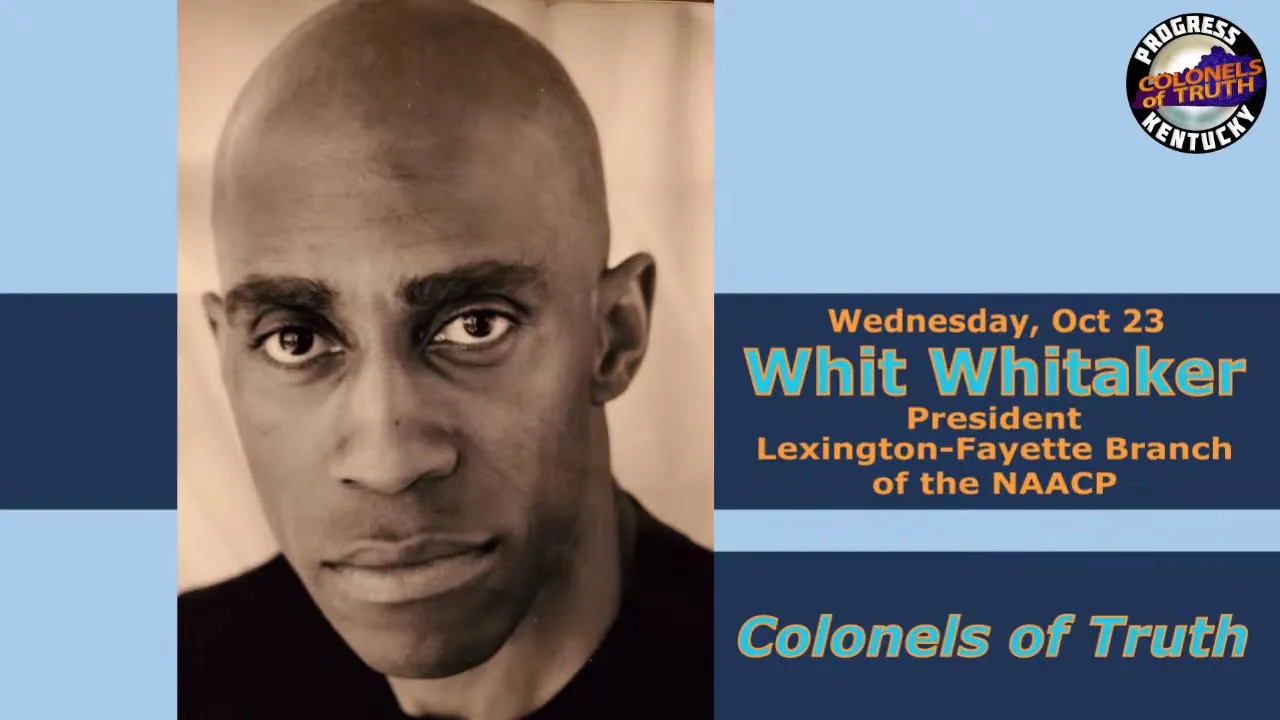In the week after Mother’s Day, it is appropriate to educate readers on the important role of a Mother during the Constitutional Convention. White men [and women] have been the culprits of sanitizing history to be reserved for white men to be celebrated for their important contributions.
Recognizing the achievements of women in all facets of life – science, community, government, literature, art, sports, medicine – has a huge impact on the development of self-respect and new opportunities for girls and young women, many of whom will become Mothers.
We all know the story: a woman asked Benjamin Franklin “so what have you given us?” as he was coming out of the Convention. And Frankly replied, “A republic, if you can keep it.”
Unfortunately, the anecdote as we know it today has changed over the years to all but erase the woman from the story, and to change it to focus on Franklin, removing an important person from the story.
So, who was this important Mom who helped the Framers develop their ideas, debate, and find consensus on the most important document in our history?
And where and when did she actually ask Dr. Franklin the question that sparked his witty response?

It was Elizabeth Willing Powel, a pivotal woman of the founding era who has been erased from this story. Her erasure not only creates a founding-era political history artificially devoid of women, but it makes it harder to imagine contemporary women such as Nancy Pelosi, Hillary Clinton, Elizabeth Warren, or Alexandria Ocasio-Cortez as political leaders.
One of the delegates to the Constitutional convention, James McHenry of Maryland, wrote in his diary: “A lady asked Dr. Franklin, ‘what have we got, a republic or a monarchy’ ‘A republic’, replied the Doctor, ‘if you can keep it’.” McHenry added it was “Mrs. Powel of Philadelphia.”
During the Constitutional Convention, “Mrs. Powel of Philadelphia” used her elegant townhouse as a political salon, hosting dinner parties and gatherings that provided a sociable space for political movers and shakers — and their wives — to meet and discuss politics. She wrote that she “associated with the most respectable, influential Members of the Convention that framed the Constitution, and that the all-important Subject was frequently discussed at our House.”
It was at one of these gatherings in her home that she asked Franklin the question that has become the story we know today.
Mrs. Powel’s pedigree displayed her birth into two of Philadelphia’s wealthiest and most politically connected families. And her husband served as both the last Colonial and the first post-revolutionary Philadelphia mayor.
But she, rather than her husband, was the acknowledged political thinker in the marriage. As a French nobleman observed, “contrary to American custom, [Mrs. Powel] plays the leading role in the family,” and “what chiefly distinguishes her is her taste for conversation” and “her wit and knowledge.”
The Powels were close friends with George and Martha Washington. When George Washington expressed doubts about a second term in office, she wrote advising him — successfully — to stand for a second term. Washington kept that letter until he died.
In 1803, McHenry first published the “A Republic if you can keep it” in an anonymous newspaper submission and he described Powel as “a lady remarkable for her understanding and wit.”
The “a republic, if you can keep it” story did not get much popular play for the rest of the 19th century — even during the tumult of the Civil War. In 1906, it achieved new fame with the inaugural publication of McHenry’s journal.
The central role of Powel was erased in the 20th century about the same time that the United Daughters of the Confederacy began hardcore revisions to US History textbooks to rehabilitate the defeated Confederacy, Jim Crow suppression, and the states’ rights debate as the cause of the Civil War.
In the revision, the all-important story moved from Powel’s townhouse to the streets outside Independence Hall, where only men’s ideas were heard. For women like Powel, shut out as they were from institutional politics, domestic spaces remained one of the few places they could engage in political discussion.
The role of Powel changed as the host of the exchange to be recast as a nervous but ordinary woman rather than a “lady remarkable for her understanding and wit.” This version of the story kept infallible, elite white men at the center of the nation’s history. While Powel receded, Franklin remained omnipresent, a founding sage dispensing wisdom to lesser Americans — particularly women.
As noted by Zara Anishanslin in the Washington Post,
So why does the history of this anecdote matter?
Tracing its twists and turns over the centuries, we see Powel, a politically active, influential patriot in her own time, shaped to mold expectations about the history of women and politics. The story shifts — from her own assertion that she couldn’t possibly remember all the many important political conversations that took place within her home, to one in which she is simply an “anxious” lady “accosting” Franklin, to the recent omission of women at all.
As we consider how and why America continues to elide the history of founding women from its collective origin story, we should take note that in 2019 we actually give less credit to this politically savvy woman than men did during the founding era. Recognizing women’s leadership in the past, as well as the present, might make it easier to keep a republic.
How many other Mothers have been extraordinary contributors to our history who have been miscast or erased? And how many women who were not mothers?
We must celebrate Mother’s Day every day by giving them their rightful place in US history and in our current world.
–30–
Comments








